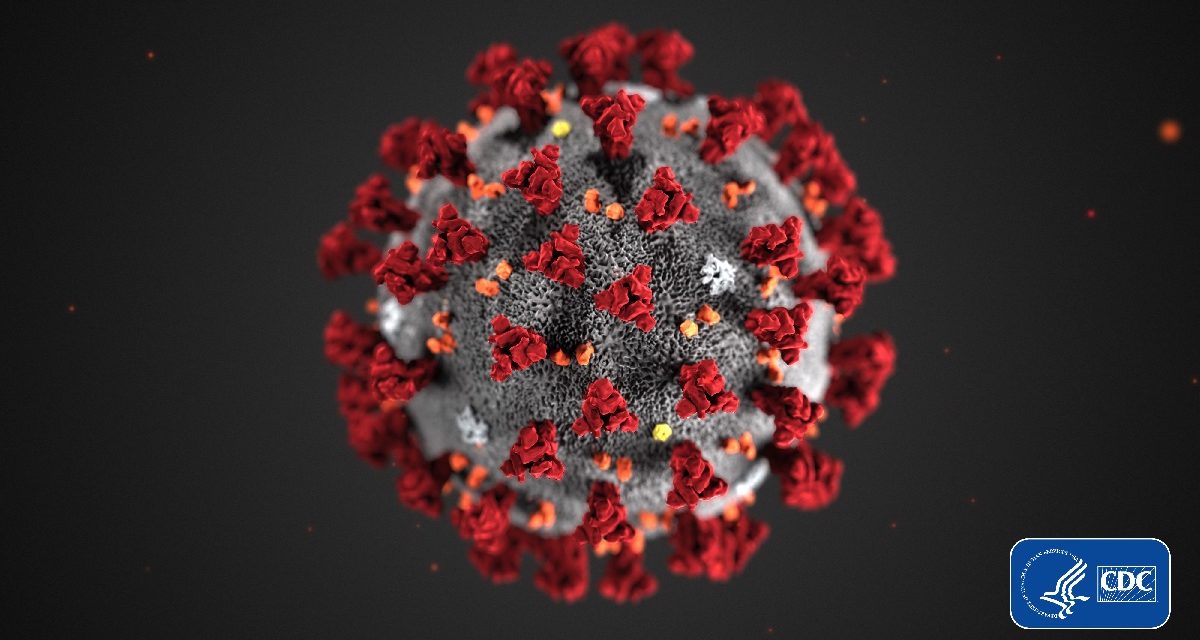
Nursing homes request COVID-19 testing before residents return from the hospital

Some Wisconsin nursing homes are asking that hospitals test patients before they’re released to their facilities, regardless of whether patients have COVID-19 symptoms.
Hospitals throughout the state vary when it comes to testing patients before being released to nursing homes, but many say they are already doing the testing or are working on implementing it under those circumstances.
The Department of Health Services recommends testing for anyone showing COVID-19 symptoms. The virus can also be spread by those without symptoms.
LeadingAge Wisconsin CEO John Sauer said that those being admitted to a nursing home are being placed under quarantine for 14 days and treated as if COVID-19 positive. With testing, they’d have more flexibility in how people are cared for, he said.
“Right now, we can’t even agree that every new admission should be tested for COVID-19, which is what we have recommended,” he said. “There is a shortage of tests, but our question is why can’t more efforts be done to secure more testing, especially for people coming out of hospitals and entering a nursing facility?”
Sauer cited Centers for Medicare and Medicaid Services guidance that all new admissions or readmissions to a nursing home should be tested, if available.
“But reportedly there’s a shortage of tests in other areas of the state, and as a result, not all hospitals are providing test results prior to seeking discharge and admission to a nursing home,” he said.
John Vander Meer, Wisconsin Health Care Association and the Wisconsin Center for Assisted Living CEO, said he’s concerned about asymptomatic carriers and situations where they might come into a facility.
“That could have significant consequences, especially for facilities that have not had COVID-19 introduced into their building yet,” Vander Meer said. He said they’re carefully following federal guidelines.
Ann Zenk, Wisconsin Hospital Association vice president of workforce and clinical practice, said they understand the concerns about spread of the disease in nursing homes.
“However, a patchwork of facility approaches about COVID-19 testing of patients ready to head back home from the hospital causes confusion, frustration and delays for patients, families and hospitals,” she said in a statement. “What’s needed is clear guidance on how test results and other criteria allow patients to safely return to their (long-term care facility) home, rather than relying on hospitals to provide this post-acute care for patients recovered or recovering from COVID-19.”
Health systems throughout the state vary when it comes to whether they test residents being released to nursing homes. Mayo Clinic Health System in La Crosse and Sparta has been testing all nursing homes prior to discharge for around two weeks, said spokesman Rick Thiesse.
Gundersen Health System has been testing on a case-by-case basis in collaboration with local nursing homes and its discharge support team, per Dr. Todd Kowalksi at the health system’s Department of Infectious Disease.
In the coming days, ThedaCare plans to test asymptomatic hospitalized patients discharged to a skilled nursing facility to reduce the risk of asymptomatic spread among high-risk individuals, said Denise Gloede, ThedaCare vice president of post-acute care.
“In this unprecedented time of COVID-19, the role of skilled nursing facilities has become more important than ever,” she said in a statement.
Bellin said it’s worked closely with facilities in its area to create a discharge process. The nursing homes in the area know that the hospital has a separate COVID-19 unit and has been willing to accept patients that do not have symptoms, according to the provider.
The health system hasn’t yet discharged a patient testing positive to a nursing home, although they’ve discharged negative patients who were in the COVID-19 unit and were symptom free, according to a statement.
Bellin has agreed to test only one patient before discharge to a skilled nursing facility after the patient had exposure to the virus and the facility had concerns about its potential introduction. As testing becomes more available, the health system will consider its options, per a statement from the provider.
HSHS hospitals work with individual patients on their post-hospital care strategy, which are based on circumstances surrounding hospitalization and future course of action, the provider said. COVID-19 testing may be part of the plan for those entering a long-term care facility.
Froedtert Health is testing every newly admitted patient to their hospitals and scheduled for operating room procedures, spokesman Steve Schoof said.
Ascension Wisconsin is assessing all patients for COVID-19 before discharge to a post-acute care facility. It’s testing those as indicated under the Centers for Disease Control and Prevention criteria or as required for admission to a facility, according to a statement.
ProHealth Care is testing patients requiring emergency care or hospitalizations, older adults, those with chronic conditions or compromised immune systems and others recommended for testing, per spokeswoman Ann Dee Allen.
Department of Health Services Secretary-designee Andrea Palm said Wednesday that an advisory committee is weighing the issue.
Draft guidance from the State Disaster Medical Advisory Committee Long-Term Care Subcommittee, which met Wednesday, would advise that post-acute and long-term care facilities not require testing if the patient doesn’t exhibit signs or symptoms of the disease, is otherwise eligible for admission to the facility and the referring hospital lacks the ability to perform rapid testing.
The draft also recommends that hospitals with the ability to perform rapid COVID-19 testing begin implementing it for all patients being considered for a transfer to a long-term care facility.
Laura Rose, WHA vice president for policy development, said at the subcommittee’s Wednesday meeting that hospitals are testing patients before being discharged to a nursing home when they’re able.
She noted not all hospitals have the same access to testing and questioned whether patients would be kept in the hospital for a period of time if providers were unable to test asymptomatic patients before discharge.
Vander Meer said he wanted to wait before commenting on what the final recommendations from the subcommittee will include. He added they want to be good partners to health systems and understand the challenges facing providers across the care spectrum.
The subcommittee plans to meet Monday to discuss the revised document and consider forwarding it to the full committee.
Sauer noted that other states have said they’re going to test all nursing home residents and staff because it has hit a significant number of assisted living and nursing facilities. He said his association is focused on admissions to skilled nursing facilities for now.
Vander Meer said they support widespread testing, but understand that the availability of tests is posing a challenge.
In response to a question on whether the state would pursue widespread testing of nursing home residents and staff, DHS Deputy Secretary Julie Willems Van Dijk said Tuesday that they’re continuing to refine their guidelines on testing.
“Certainly we will prioritize our most vulnerable citizens in testing, which does include older adults,” she said. They’ve worked closely with the Wisconsin National Guard and public health partners to address outbreaks at nursing homes, she added.
Major General Paul Knapp, Wisconsin’s adjutant general, said Tuesday that they’ve deployed specimen collection teams to several long-term care facilities. They’ve helped the facilities get tested and do isolation and other ways to keep residents safe.
Wisconsin Health News is removing the password on all stories related to the coronavirus. For the latest developments follow us on Twitter at @wihealthnews or check out our website. For complete healthcare coverage, sign up for a free trial to our daily email newsletter.





